In addition, there are the Inspectorate of the Ministry of National Defense, the Inspectorate of the Ministry of Public Security , the Inspectorate of the State Bank and other inspection agencies in the People's Army, the People's Police, and the State Bank of Vietnam according to the Government's regulations; the Inspectorate of Cryptography; Inspection agencies established according to international treaties to which the Socialist Republic of Vietnam is a member.

The Law also clearly stipulates prohibited acts in inspection activities. Specifically: Intentionally not issuing an inspection decision when detecting signs of law violations that require inspection according to law; conducting inspections without proper authority, not in accordance with the content of the inspection decision, or the approved inspection plan. Acts of receiving bribes, brokering bribes, or giving bribes during inspection activities; taking advantage of inspection positions and powers to commit illegal acts, harass, cause difficulties, or inconvenience to inspection subjects and other agencies, organizations, and individuals; and abusing power during the inspection process are also strictly prohibited.
Along with that, it is strictly forbidden to cover up, intentionally let go of violations of the law, corruption, waste, and negativity; intentionally draw false conclusions without legal basis; intentionally make illegal decisions and handle cases; not recommend prosecution and transfer case files with signs of crime discovered through inspection to the investigation agency according to regulations; not handle or recommend handling of agencies, organizations, and individuals with violations of the law, corruption, waste, and negativity; not handle or recommend handling, recovering money, assets that have been appropriated, lost, or wasted discovered through inspection according to regulations.
In addition, the Law stipulates prohibited acts such as disclosing information and documents related to the inspection when the inspection conclusion has not been made public; illegally intervening in inspection activities; causing distortion of inspection results, conclusions and recommendations. Along with that, failing to provide information and documents or providing them untimely, incompletely, dishonestly or inaccurately; appropriating, destroying or falsifying documents and evidence related to the inspection content; opposing, obstructing, bribing, threatening, retaliating against or suppressing inspectors, supervisors, appraisers, and persons providing information and documents to inspection agencies; causing difficulties for inspection activities.
In the process of performing tasks, the Law clearly states the regulations to ensure discipline in inspection activities. That is, inspection activities are carried out under the head regime. Members of the Inspection Team must comply with the decisions and instructions of the Head of the Inspection Team. The Head of the Inspection Team and members of the Inspection Team must comply with the decisions and instructions of the person who issued the inspection decision. The Head of the Inspection Team and members of the Inspection Team have the right to reserve their opinions on the inspection results and are responsible to the person who issued the inspection decision and before the law for their reservations.
The person making the inspection decision shall decide to recover assets when discovering that the inspected subject has illegally appropriated, seized, used or caused loss of State assets without having to wait for the inspection conclusion, unless otherwise provided by law.
The decision to recover assets must be in writing, clearly stating the assets to be recovered, the basis for recovery, the responsibilities of the relevant agencies, organizations and individuals, the implementation time, and the responsibilities of the entity whose assets are recovered. The entity whose assets are recovered must strictly comply with the recovery decision. The person who issues the decision to recover assets is responsible for monitoring, inspecting and urging the implementation of that recovery decision...
This Law comes into force from July 1, 2025.
Source: https://hanoimoi.vn/cac-hanh-vi-bi-nghiem-cam-trong-hoat-dong-thanh-tra-706698.html



![[Photo] Prime Minister Pham Minh Chinh chairs the meeting of the Government Party Committee Standing Committee](https://vphoto.vietnam.vn/thumb/1200x675/vietnam/resource/IMAGE/2025/8/23/8e94aa3d26424d1ab1528c3e4bbacc45)
![[Photo] General Secretary To Lam attends the 80th Anniversary of the Cultural Sector's Traditional Day](https://vphoto.vietnam.vn/thumb/1200x675/vietnam/resource/IMAGE/2025/8/23/7a88e6b58502490aa153adf8f0eec2b2)













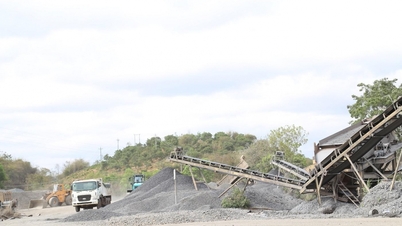

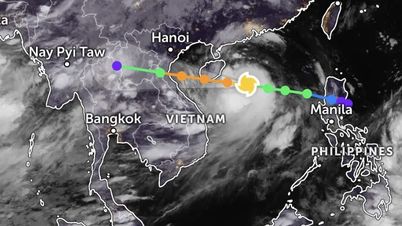

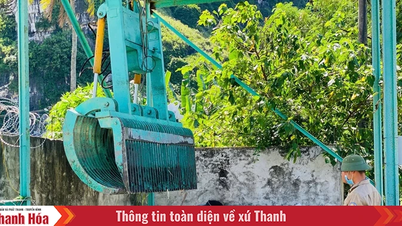



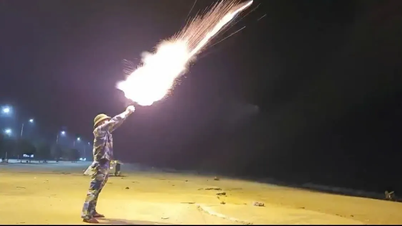








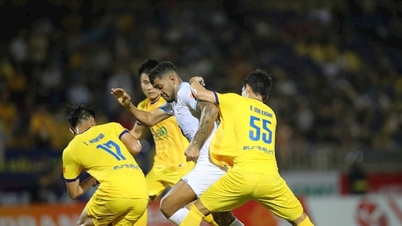















































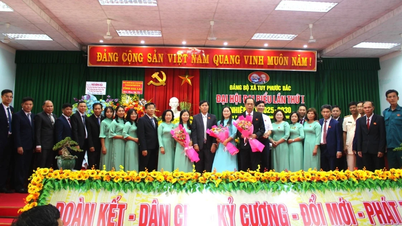







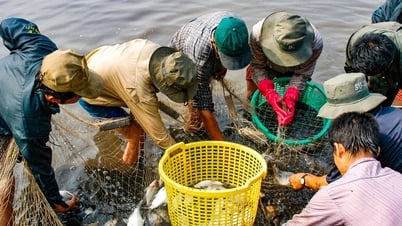














Comment (0)